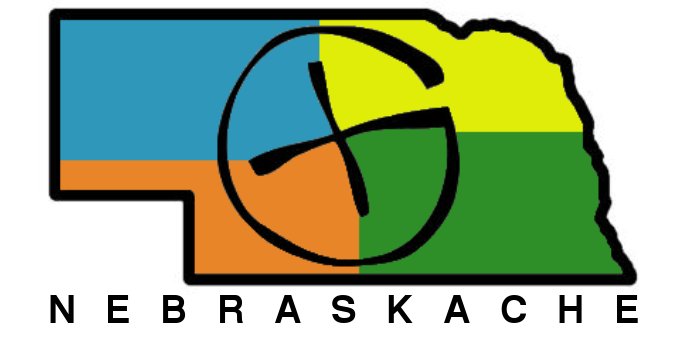The incident that placed Harvard, Nebraska on the map was the sale of the Harvard city jail in 1943. When the Harvard jail was inadvertently sold as a part of some lots which the city was disposing of, one of which contained the city jail. Each lot sold for $1.50. Purchaser of the property was a 16 year Robert Pinckney, who was the son of Harvard's physician, Dr. C. E. Pinckney.
Upon learning of the tax sale, young Robert decided to buy lots to lease as victory gardens during the summer. When he learned that the jail was on the tax sale, he informed the city council, mayor, and city attorney but was laughed at for his pains, according to the lad. On May 11, 1943, he purchased the lots and city jail and received a warranty deed. Warranty deeds instead of quitclaim deeds were given by the city for the tax sale properties as the state was out of quitclaim deeds when the Harvard city attorney sent to Lincoln NE for them.
The city refused to acknowledge their mistake and continued to claim ownership to the jail. Robert put a lock on the jail, but the city officials smashed it, threw him off the premises and continued to house prisoners in the jail. Upon such rude city action he decided to sue the city. He believed" he could sue them for trespassing, breaking into private property, and making money off" someone else's property. He estimated his jail to be worth $300, but he stated he would settle for $40 for the property and $20 rent for the time he owned it.
Robert hired an attorney, who was head of the Lancaster NE county tax foreclosure department. From Attorney Mattson the city council received a letter ordering them to turn over the jail to Robert within seven days or stand legal action. The council agreed to adhere to the attorney's orders, but moved that Robert be notified to raise the sidewalks on his properties to street level, trim trees and cut weeds or they would take action and charge costs to the property. Robert didn't believe the council could force to do all of this, but if they could he would instead tear down the jail.
After ownership was recognized, Robert wanted to enter into a contract with the city, promising to deed the land over to the council when he became 21, if they would pay him $40. Because he had a warranty deed, Pinckney stated he couldn't give the jail back to the city even if he wanted to according to law he couldn't deed his property to anyone until he was 21. The city council refused to take any action on the jail matter because they were displeased with the publicity in connection with the sale. A man from Mapleton, IA, who was trying to encourage enterprise, offered $150 for the jail by. Another offer of $35 per month came from defense workers who wanted to use it for living quarters if he would remove the bars. Another offer came from the Trumbull Co-op of Trumbull, NE who wanted to move it to Trumbull, and as Trumbull had no jail at all.
The story soon caught on over the nation. The Associated Press picked it up; Time magazine ran a feature on him.
Upon the suggestion of a sailor convalescing in a Los Angeles hospital young Robert decided to sell the jail to help further the war bond drive He left for L. A., to be present for the sale.
On July 31, 1943, the jail was auctioned off at Hollywood, CA. to Charlie McCarthy well-known protégé of Edgar Bergen for $10,000 of war bonds. The sale was the wind up of a drive to sell bonds to build the cruiser U.S.S. Los Angeles.
After all the publicity diminished, the jail was deeded back to the city. Disgusting and embarrassing as it was for the city dads, the mistake of selling the jail did have its good points. For one, it made little Harvard, NE internationally known in a humorous way, and second the sale brought eventual benefit to the nation by bringing in an enormous amount of war bonds used to build a military cruiser ship. What other small community can boast that their little brick jail was worth $10,000 in 1943?

Placed By A Nebraskache Member
